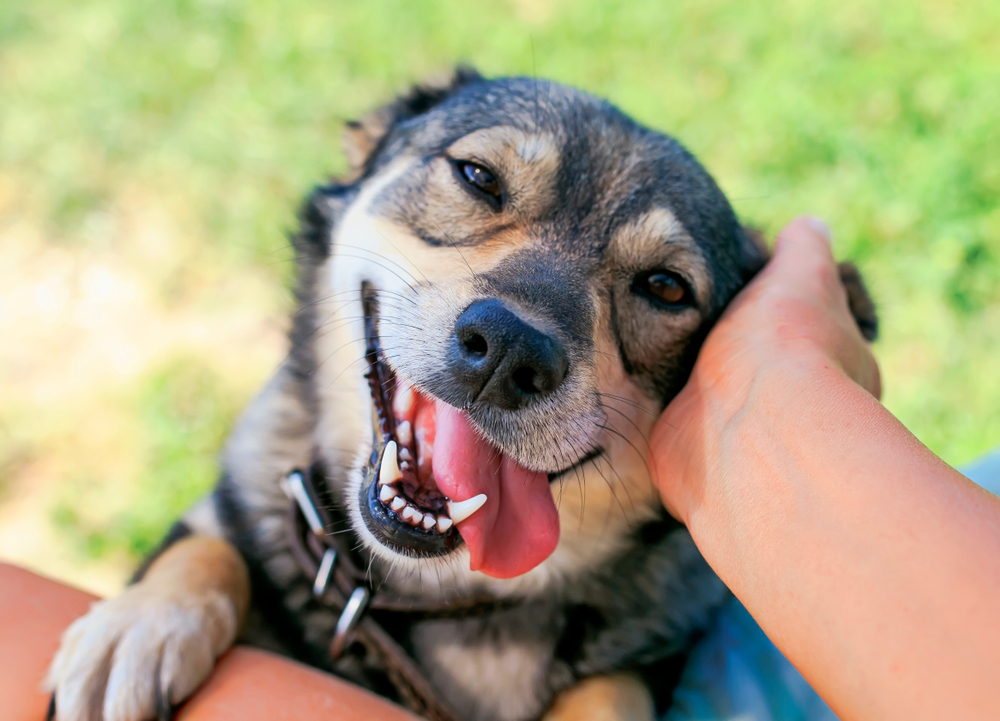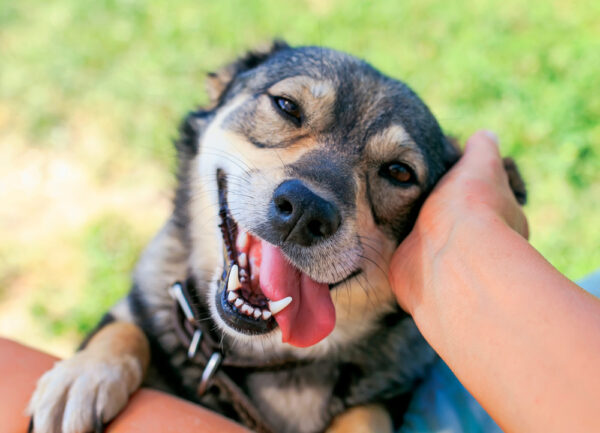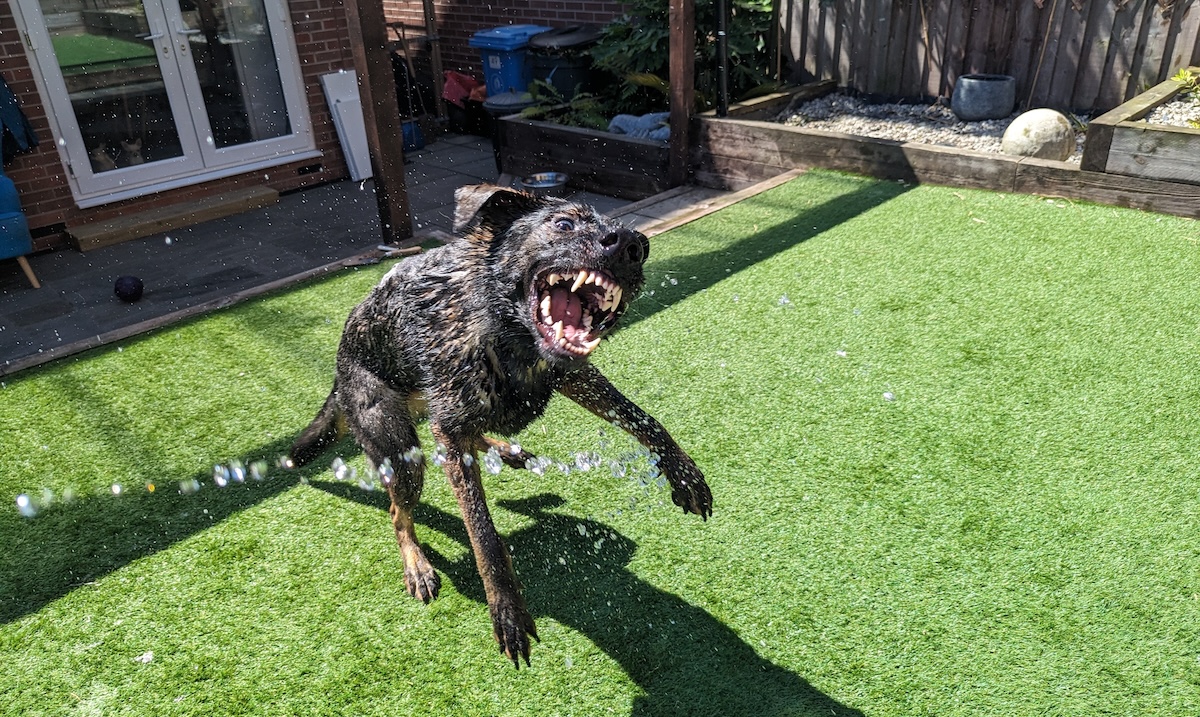We completely understand the love and devotion that comes with owning a dog. And while you’re doing everything you know to make them happy, there are sometimes things you can do to boost their moods even more.
With that in mind, we’ve highlighted 10 things you should try to ensure your dog is as happy and healthy as possible. We know that you won’t always be able to do every single thing on this list, but the more you can, the better it is for your dog!
The 10 Things That Will Make Your Dog Happy
1. Meet Their Exercise Needs
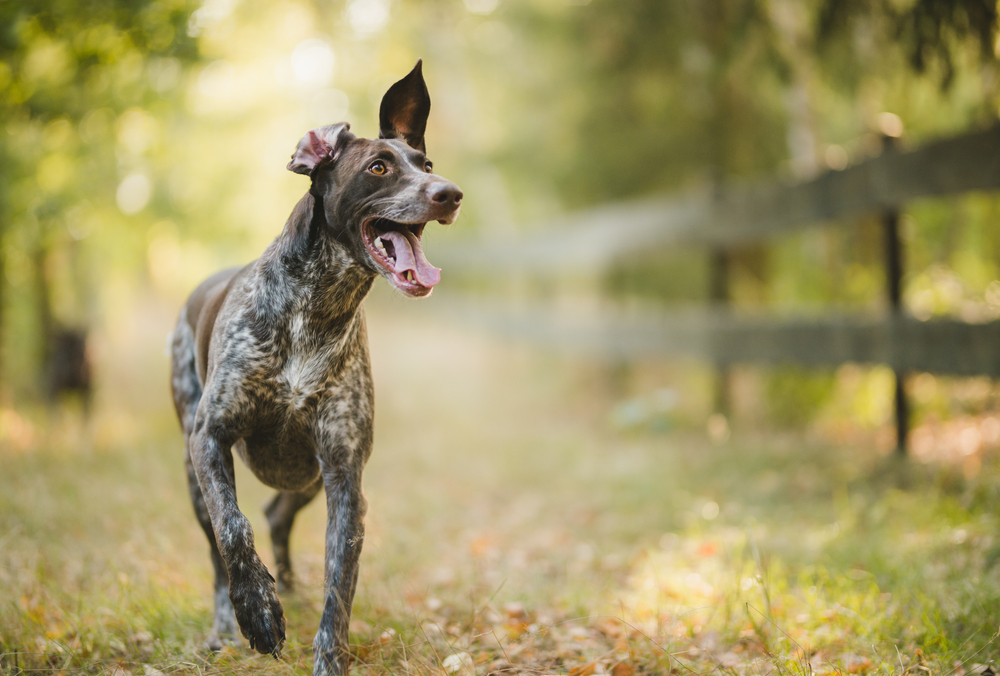
One of the most overlooked factors of dog ownership is how much time they need to spend moving their bodies. This means time spent running around the yard, playing with other dogs, and going for walks.
If you want your dog to be emotionally happy and physically healthy, keeping up with their daily exercise is essential. This is even true as your dog gets older and wants to spend more time on the couch. Speak to your vet about the appropriate amount of exercise for your individual dog and do your very best to meet it every day.
2. Increase Playtime
Dogs love you and just about always want your attention! Set aside some time each day to play with them and give them extra attention. Finding a good mix of classic and new games is an excellent way to make your dog a little happier in daily life.
3. Regularly Give Them Praise

When you praise your dog regularly, you see their tails wagging, seemingly lifting their overall mood. Telling your pup that they’re a good dog and reassuring them when they do things you like is an excellent way for you to get them feeling great about themselves and reinforce good behavior.
This builds their confidence, boosts your bond, and can make your pup happier overall. That’s a lot of perks for you simply telling them how good they are!
4. Keep Training Them
Have you heard that you can’t teach an old dog new tricks? Well, ditch that way of thinking. While it’s true that older dogs can be a bit stubborn and a little more challenging to train, that doesn’t mean it’s impossible, and it doesn’t mean they don’t enjoy it.
Training your dog provides them with valuable one-on-one time with you and it helps provide mental stimulation. Both these things can lead to a happier pooch overall.
5. Provide Them With Variety

Don’t get us wrong, dogs love routine. But do you want to do the exact same thing day after day? Neither does your dog. Find a nice balance between their normal routine and providing them with a little variety. Rotating their toys, changing where you walk, and adding in occasional fun outings are all things your dogs will likely enjoy.
6. Keep Up With Vet Visits
The healthier your dog stays the happier they tend to be, and one of the easiest ways to keep track of their overall health is through regular trips to the vet. Not only does a healthy dog not have to deal with chronic pain and illnesses, but they’ll also have more energy to do the things they want. By visiting the vet annually, twice per year for seniors, then you increase your chances of catching any pain or illness early so that you can treat it right away.
7. Offer Them Tasty Treats (In Moderation)
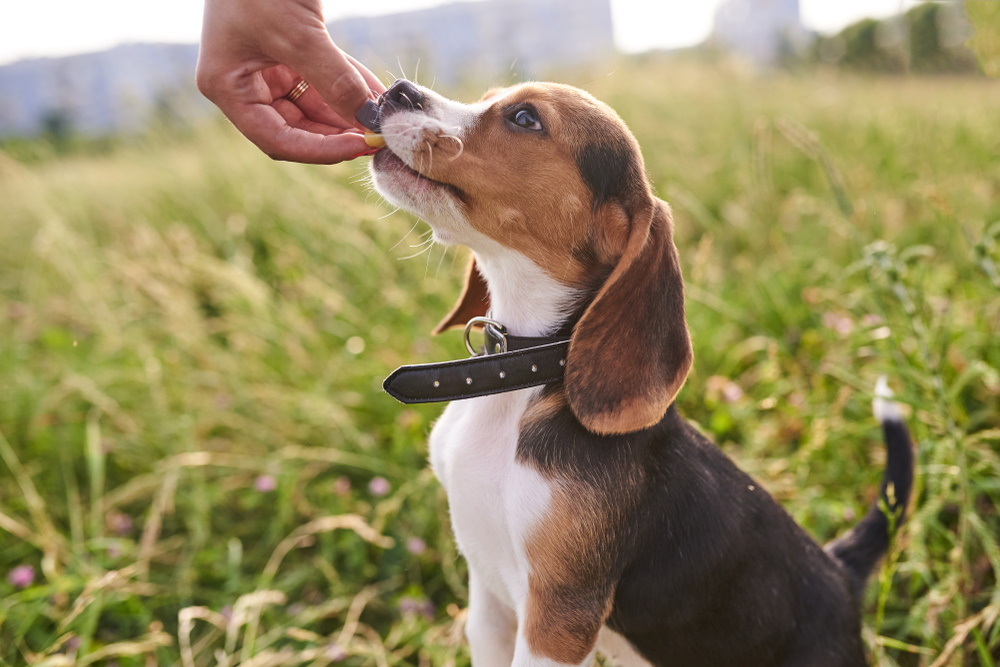
You don’t want to over-rely on treats to keep your dog happy, but the occasional treat throughout the day is a great choice for a quick pick-me-up. You should stick to 5–10% of their daily caloric intake. So, find a few of their favorite treats and offer them up whenever you think they need a mood boost. But again, moderation is key, or else you could actually do more harm than good!
8. Socialize Them
Dogs are pack animals and crave attention from other dogs, especially if you socialize them properly early on. Arranging playdates with other dogs is a great way to keep their mood up, and getting them out to the dog park is a simple way to accomplish this. Not only does it provide them with valuable socialization, but it also helps them meet their daily exercise needs.
9. Keep the Indoors Exciting
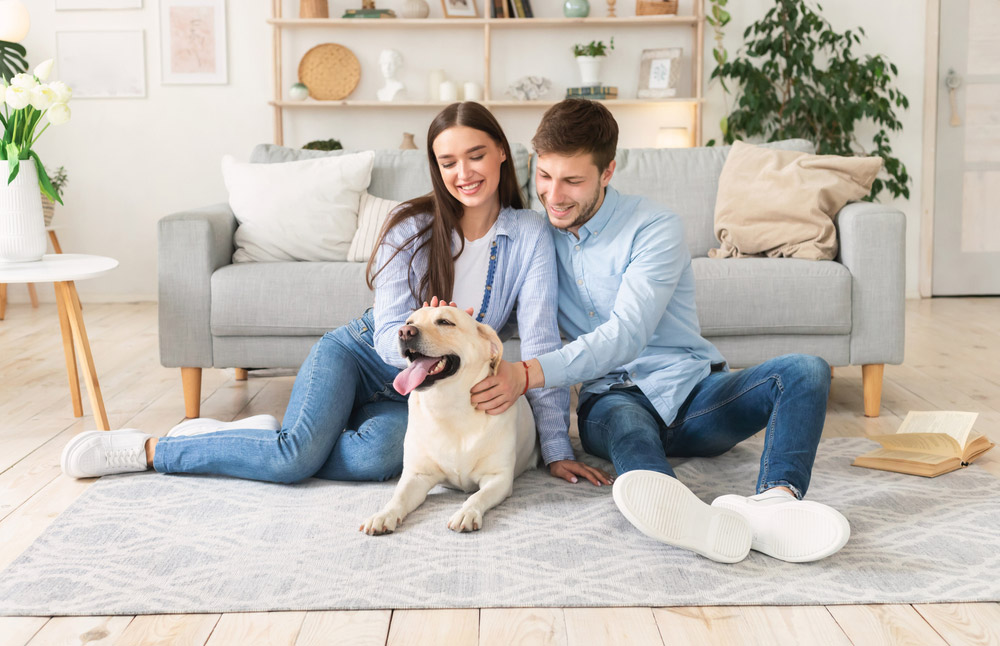
The outdoors are exciting, but it may be that your pup doesn’t get to spend their entire lives outside. There’s nothing wrong with being inside, but do what you can to provide a little excitement while indoors.
Dog toys are a great choice, but providing them with a comfortable place to lie down in the form of a dog bed can help a bit too. You should also offer plenty of mentally stimulating items, such as puzzle feeders.
10. Spend More Time With Them
Dogs are pack creatures and don’t like spending too much time alone. And while we understand that you need to go to work and run errands and can’t always bring your dog with you, the more time you can spend with them, the happier they’ll be.
If your dog winds up spending most of their time alone, they’re not going to be as happy as they would be if you were able to get as much of your attention as possible. If you are going out for a while, turning on a TV or playing some classical music can help them cope with the potential separation anxiety they might experience.

Conclusion
Owning a dog isn’t just a privilege, it’s a responsibility. They rely on you for everything, including boosting their happiness, but if you follow the road map we’ve highlighted above, you can rest easy knowing your furry friend is as happy as can be!
Featured Image Credit: Bachkova Natalia, Shutterstock
Contents
- The 10 Things That Will Make Your Dog Happy
- 1. Meet Their Exercise Needs
- 2. Increase Playtime
- 3. Regularly Give Them Praise
- 4. Keep Training Them
- 5. Provide Them With Variety
- 6. Keep Up With Vet Visits
- 7. Offer Them Tasty Treats (In Moderation)
- 8. Socialize Them
- 9. Keep the Indoors Exciting
- 10. Spend More Time With Them
- Conclusion

